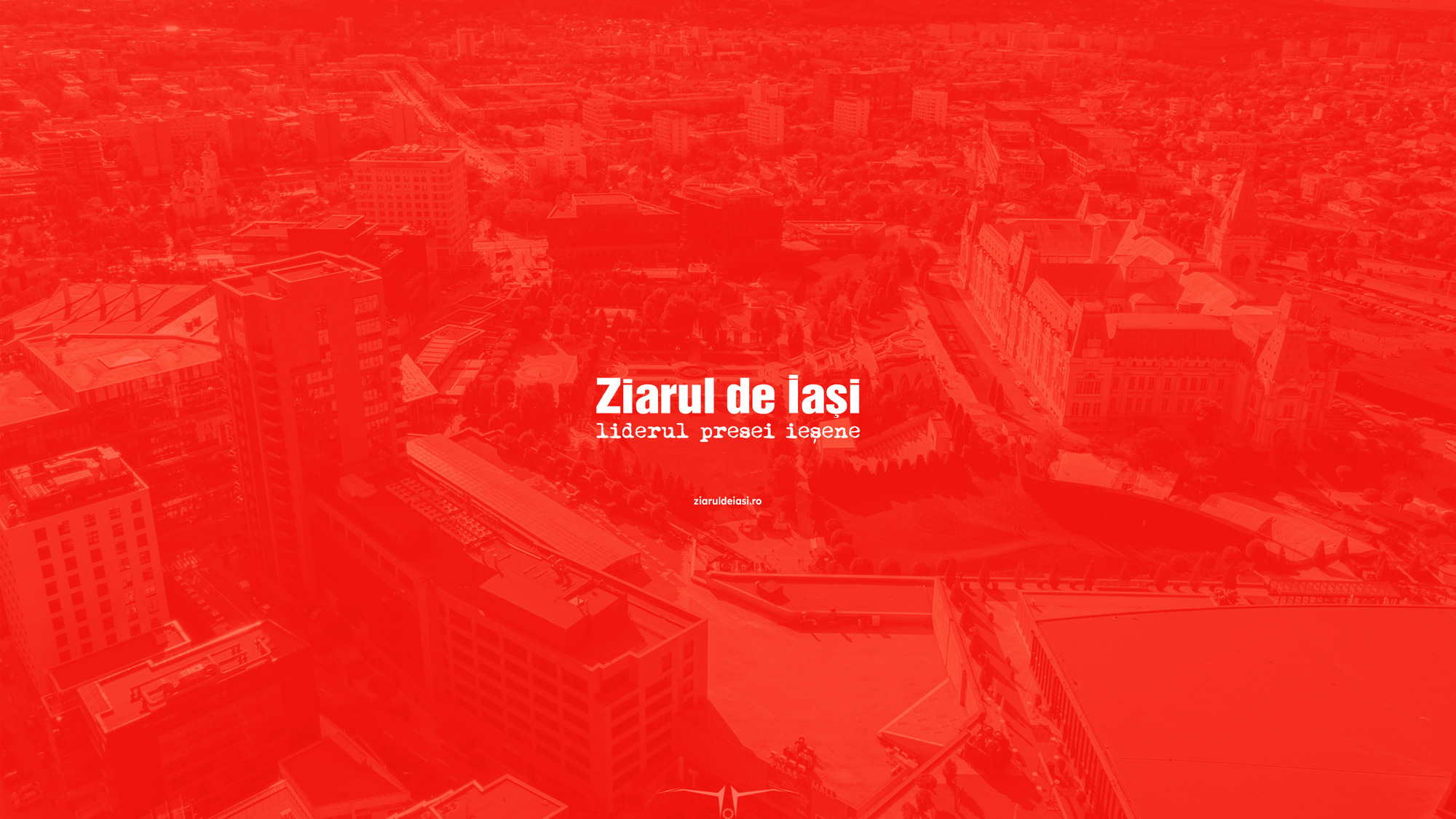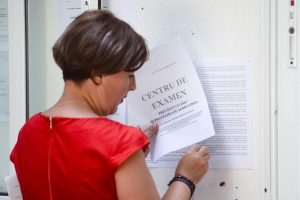
For year, the politicians of the most Democrats, intellectuals of the most illuminated ones, commentators as visionary as possible, have fervently pleaded for the introduction of the uninominal vote. No other political reform was asked with such energy and didn’t raise so many hopes. It seemed that most of the problems of the Romanian political life will be solved by a simple electoral arrangements, by passing from the vote in the lists to the vote for persons. It was said so many times, with infinite optimism: the voters will become politically more competent, the politicians more responsible, the parties less corrupted and more democratic, the political system more stable. A real blessing, isn’t it?
Given the situation, it seems that the Government and PSD didn’t nothing else but listen to the voice of the well-intentioned people when they decided to introduce the uninominal vote for the Senate. Finally, PSD does something good, the Opposition reacted. At the beginning, because meanwhile it found out that the uninominal vote would seriously affect it. The analysts – Daniel Barbu in 1997 and Alina Mungiu-Pippidi in 2001 – called the attention on the great beneficiary of the majority system, that is PSD. From the analyses of the Academic Society in Romania coordinated by Alina Mungiu-Pippidi, made by a simulation on the basis of the results in the elections in 2000, it results as clearly as possible that the uninominal vote would bring in the Senate only PSD and UDMR (Democratic Union of the Hungarians in Romania) and, possibly, PRM (Greater Romania Party). PNL (National Liberal Party), PD (Democratic Party) and the other Opposition parties would remain without Senators and, therefore, an important part of the population (almost half of it) would remain non-represented in the superior house and, in case the attributions of the houses are differentiated, they would have no influence on a whole series of fields of the legislative process. Or, the electoral system in a country should be a guarantee of democracy, and democracy means not only the reign of the majority, but also respecting the minority’s rights. The modification proposed by PSD would end in an important democratic deficit and with severe effects of disproportionateness – many enough reasons to abandon it.
Therefore, not the civic sense determined PSD to appeal to the uninominal vote, but the desire for more power. For the same reason, and not for looking for more reform, it has been thinking for a long while, to anticipated elections, what will happen when PSD will be even stronger than now is not hard to imagine, as Adrian Nastase’s formation has become a party-State and behaves in a discretionary way in the territory, though in minority.
The first intense discussions about the uninominal vote appeared in Romania in 1998-1999. At that time, there were major divergences in the ruling coalition and a system was searched that ensure the simplification and the stabilization of the political stage. The uninominal vote was seen as the ideal solution because it favors bi-polarity. But this is a myth already outrun in the political sciences – in fact all electoral system, including the proportional ones, tend to simplify the political stages, by the over-representation of the big parties and the sub-representation of the small ones (D. W. Rae, 1967; A. Lijphart, 1999). The elections in Romania, culminating with the ones in 2000, are the best demonstration in this direction. In fact, in the previous office, the problem was the coalition parties, which didn’t succeed in coordinating themselves, and not the electoral system. And the analysts have already noticed that for a pretty fragmented country, as Romania, the lack of representation of some important segments of population, resulted by the simplification in 2000, is the source of a worrying democratic deficit. The interesting fact is that the social-democratic parties in Europe usually support the proportional system and that among the Eastern-European states, only Albania has a majority system, the others preferring the proportional system or, some of them, just a few, the mixed one.
PSD says the uninominal vote will render the politicians more responsible, who will be forced to be more active in order to promote their name and more attentive to the demands of those who voted them directly. It might be so, but it doesn’t necessarily mean it will be a benefic thing. They will be more active, that is more electorally present, only those who will have the money to do it; it is already known that the uninominal vote requires many funds. As the situation is now, the great beneficiaries of the new electoral system will be the local "barons". This is an illusion to believe that people wish to vote persons, because responsibilities and programs would thus become more intelligible. People don’t have time, energy and training to be attentive to other people or programs. In fact, the vote will become more opportunistic, people rending to gather around those who give more and promise more. The vote for the Mayors is a form of uninominal vote and we can see what a fishy quality most of them have. It is also known that in the majority system, the groups if interest act in a greater measure in an un-coordinated and competitive way; the virtue of proportionalism favors compromise and consensus habitudes. A wild competition between the different groups of interests articulated according to the party or inside the parties is the exact thing Romania misses, already deeply broken.
Romania’s big problems are the political parties and the political culture – here we have to intervene, not to the electoral system. The former can change more easily, the political culture is more inert, but not impossible to dislocate (let us think how the Romanian society looked like ten years ago). The political world should work more on the details and less to forms. The problem is Adrian Nastase and the ones around him are fascinated by the big engineering, by the grandiloquent gestures. The result: reorganizing mania translated into a big cacophony. The grave things remain untroubled in their places.
Adrian CIOFLANCA























